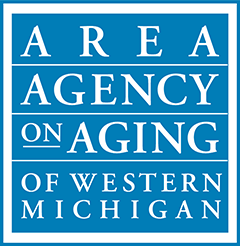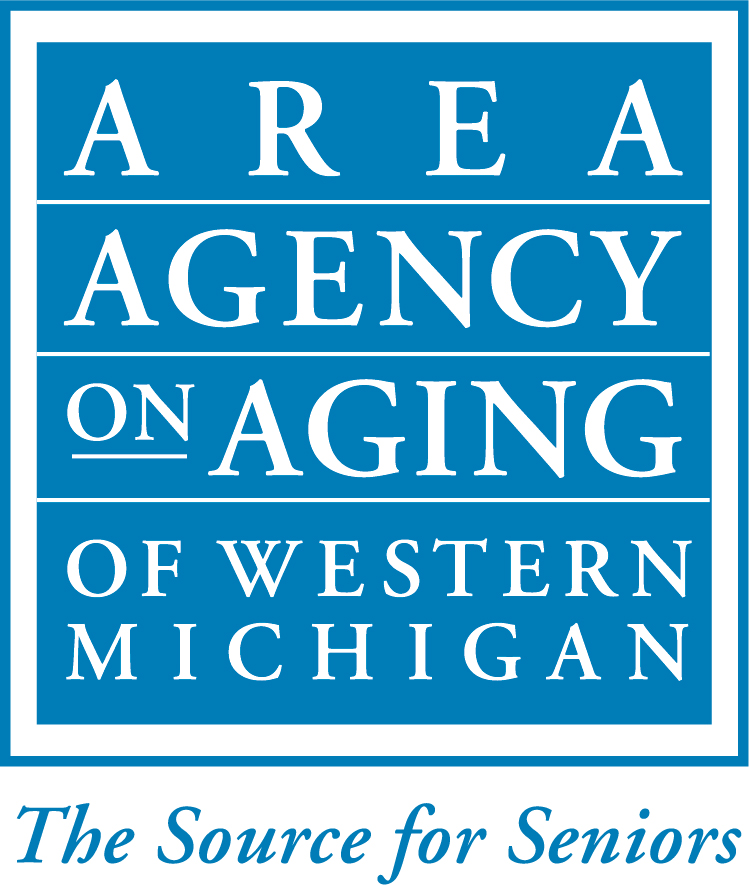Articles
What Is a Long Term Care Ombudsman? An Inside Look at the LTCO Program

You’ve likely heard of a Long Term Care Ombudsman (LTCO), but aren’t quite sure what this role does. The Long Term Care Ombudsman Program got its start in 1972. Today, there is an ombudsman program operating in every state across the US. These programs work to resolve problems related to the health, safety, welfare, and rights of individuals who live in long term care facilities. A long term care facility could include a skilled nursing facility, a home for the aged (also known as assisted living), or adult foster homes. All ombudsman services are provided under strict confidentiality and at no cost to residents or their families. In Region 8, which covers a nine-county region (Allegan, Ionia, Kent, Lake, Mecosta, Mason, Montcalm, Osceola, and Newaygo), there are two assigned ombudsmen for the area working to advocate on the behalf of individuals and improve their quality of care.
What are resident rights? As Baylin Binnendyk, Long Term Care Ombudsman with the Area Agency on Aging of Western Michigan explains, “These resident rights mirror the rights in any community. Just because a person’s home might move from an apartment by themselves to a nursing home, doesn’t mean they don’t maintain resident rights such as dignity and respect, to be part of their own care plan, or to have the right to use their own personal possessions.” The LTCO works to preserve these rights and regularly visits long term care settings to meet with residents. Confidentiality is of the utmost importance and they work to build trust with residents and address their concerns privately.
What does this advocacy look like? Baylin replied, “Really advocacy looks different for every resident. The main phrase we try to always keep in mind is what does the resident want? Ultimately this guides us in how to proceed. Once we obtain consent from the resident to advocate on their behalf we are able to take action.” Some cases regard to discharges and if a resident has the right to stay living in the facility or has the proper supports in place in the community to be discharged. Other cases could focus on living conditions in the facility or working to fulfill an individual’s personal wishes. An example of this advocacy might be a resident wanting to take a shower at 7pm. The LTCO would work with the long term care setting staff to work through how they can potentially make this happen, what challenges are they facing, and hopefully come to a resolution. Each case is a little different depending on the resident’s needs.
If a family member is concerned about a loved one in a facility, there are options. “We always encourage the resident to try to address the issue with the long term care setting first as they are their own best advocate. However, if they cannot or are not willing to, and there are still challenges/difficulties, then an ombudsman program is a great resource.” You can find a list of further resources and learn more about the Region 8 Long Term Care Ombudsman Program at: www.aaawm.org/ltco. If you require assistance and would like to talk to a long term care ombudsman, you can call (616) 245-9451 or (866) 485-9393.

